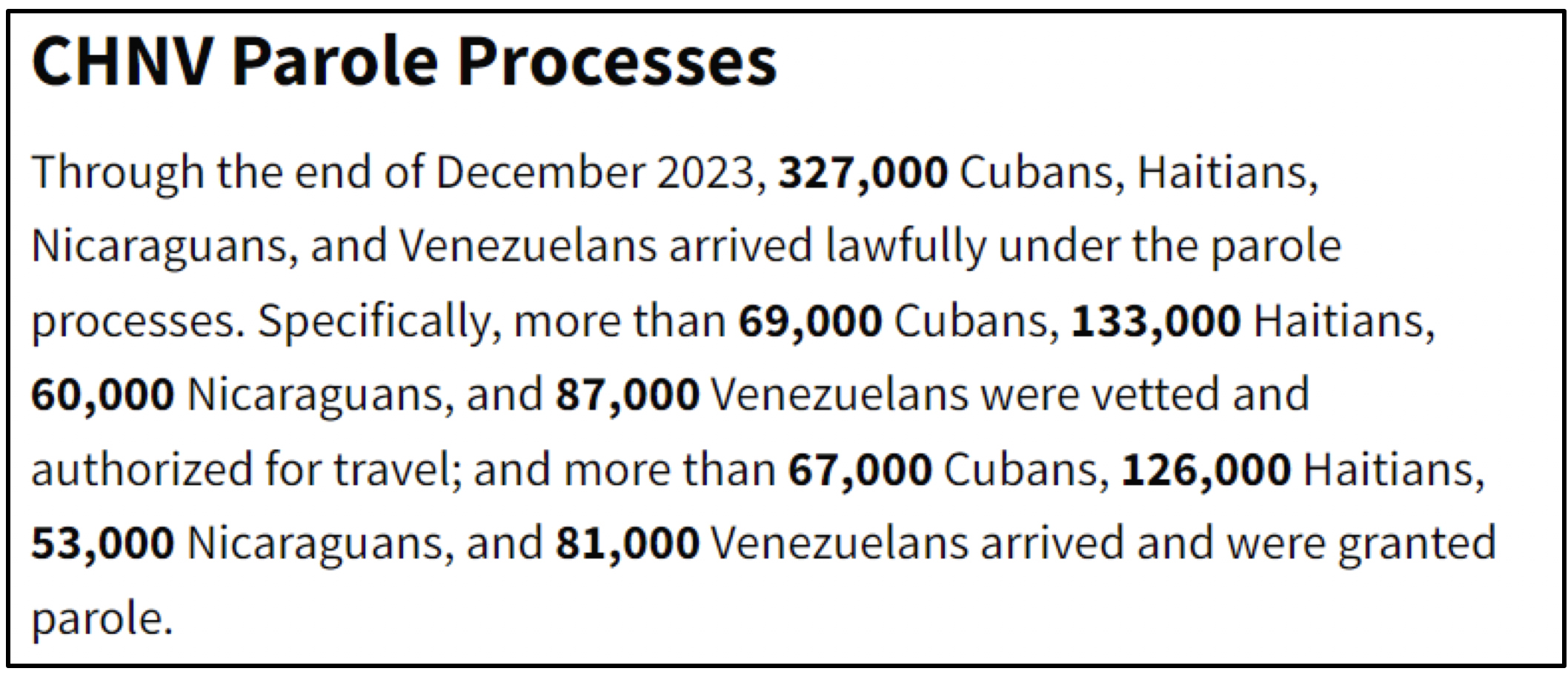Revenues On Tap | Tax Policy Center
Treasury outlines ten-year revenue estimates for President Biden’s tax plans. The revenue proposals, posted yesterday, state that President Biden’s proposed 25 percent minimum income tax on individuals earning over $100 million annually could generate over $500 billion over ten years. Over that timeframe, Biden’s proposed increase to the corporate alternative minimum tax from 15 percent to 21 percent is estimated to generate $137 billion in new revenue, and his proposed increase to the corporate tax rate to 28 percent generate $1.35 trillion in new revenue. The Biden administration asserts the proposed budget would reduce the federal deficit by $3 trillion over ten years.
A bipartisan toast to the hospitality industry. Rep. Darin LaHood (R-IL) and Rep. Steven Horsford (D-NV) introduced the Creating Hospitality Economic Enhancement for Restaurants and Servers (CHEERS) Act yesterday. The bill would expand tax incentives for qualifying investments into energy-efficient systems to include keg and tap property which would support the use of draft lines and keg equipment at restaurants and bars. Draft, they argue, is the most sustainable way to package beer by retailers and suppliers and the legislation would provide immediate relief to local small businesses.
What are three key lessons to designing a state child tax credit? TPC’s Nikhita Airi and Richard Auxier used TPC’s state tax model to analyze 36 versions of a hypothetical state-level child tax credit (CTC). They found that 1) a state’s existing tax policies can affect who benefits from a CTC; 2) age restrictions can help deliver large, broad benefits but to a smaller share of families; and 3) most child tax credits provide a large share of their total tax benefit to middle-income households. They conclude, policymakers “can decide the amount of the credit, age eligibility rules for children, income limitations for the filer, and whether the credit is refundable… Making these policies more generous increases benefits to eligible families or broadens the support across more households but at a higher annual revenue cost.”
The Russian government may soon increase taxes. President Vladimir Putin announced plans to overhaul the Russian tax system after the presidential election held March 15-17. That overhaul could include tax increases to raise as much as 4 trillion rubles ($44 billion), including tax increases from 20 percent to 25 percent on corporate profits and from 15 percent to 20 percent on individuals earning more than 5 million rubles (about $55,000). Those earning more than 1 million rubles (about $11,000) would be taxed 15 percent. Individuals earning less than that would continue to face a 13 percent tax rate. The Federal Statistic Service estimates the average annual salary in Russia in 2023 was 884,508 rubles (about $9,700).
For the latest tax news, subscribe to the Tax Policy Center’s Daily Deduction. Sign up here to have it delivered to your inbox weekdays at 8:00 am (Mondays only when Congress is in recess). We welcome tips on new research or other news. Email Renu Zaretsky at [email protected].





